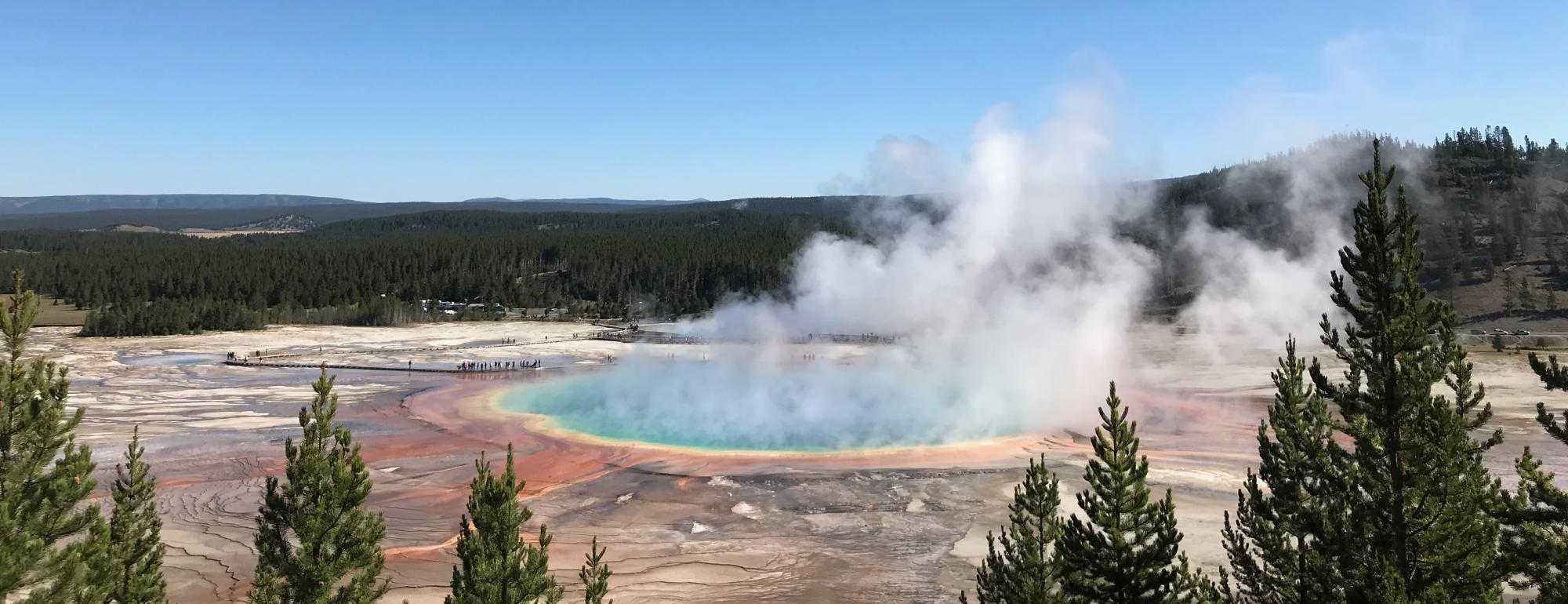Current students in the 2025-2026 year may choose between the old MCS Major requirements and the new MCS Major requirements. The old requirements will be listed in the catalog and below until April 2026, and allowed for all students who are enrolled as of 2025-2026 and earlier; they are required for anyone graduating through Summer 2026. The new requirements, summarized below, will be visible starting in May 2026 and will be allowed for students who are enrolled as of 2025-2026 and earlier, and required for new students entering Fall 2026 and later. Every student must follow the old or the new requirements in their entirety; mixing and matching is not allowed.
- BIO 001-001L-002-002L-003 is now allowed instead of the BIS 002A-002B-002C series.
- The focus and breath areas in Marine Environmental Chemistry have been removed, and some of those classes now are included in the Coastal Environmental Processes focus/breadth areas in order to expand those class offerings.
- New Coastal Environmental Processes focus area: ATM 121A, ATM 121B, ATM 158, CHE 100, ESP 152, ESP 155/WFC 135, ETX 101, ETX 102A, ETX 120, ETX/NUT 127, GEL/EPS 140, GEL 156/HYD 146, GEL 182/EPS 176, HYD 134, HYD 141, HYD 143, HYD/EBS 144, WFC 153, WFC 157
- New Coastal Environmental Processes breadth area: ATM 158, CHE 100, ESP 152, ESP 155/WFC 135, ETX 120, ETX/NUT 127, GEL 182/EPS 176, HYD 134, HYD 141, WFC 157
- With only 3 focus areas, and therefore 3 breadth areas, all students now take their same 4 focus classes but only 2 breadth classes (totaling at least 6 units).
- The research/internship requirement was clarified to define what counts, rather than just listing a limited set of classes. The new phrasing is: “A research or internship project under any department’s 192/199 course as long as it’s marine-related, educational, and upper division.”
Other blanket exceptions include:
- The Marine Ecology and Organismal Biology Focus area now includes EVE 113 and WFC 135
- The Marine Ecology and Organismal Biology Breadth area now includes EVE 113 and WFC 135
- Field courses (alternative to going to BML) now includes GEL 182/EPS 176
Please work with your advisor to get these substitutions and exceptions entered into your degree audit manually.

